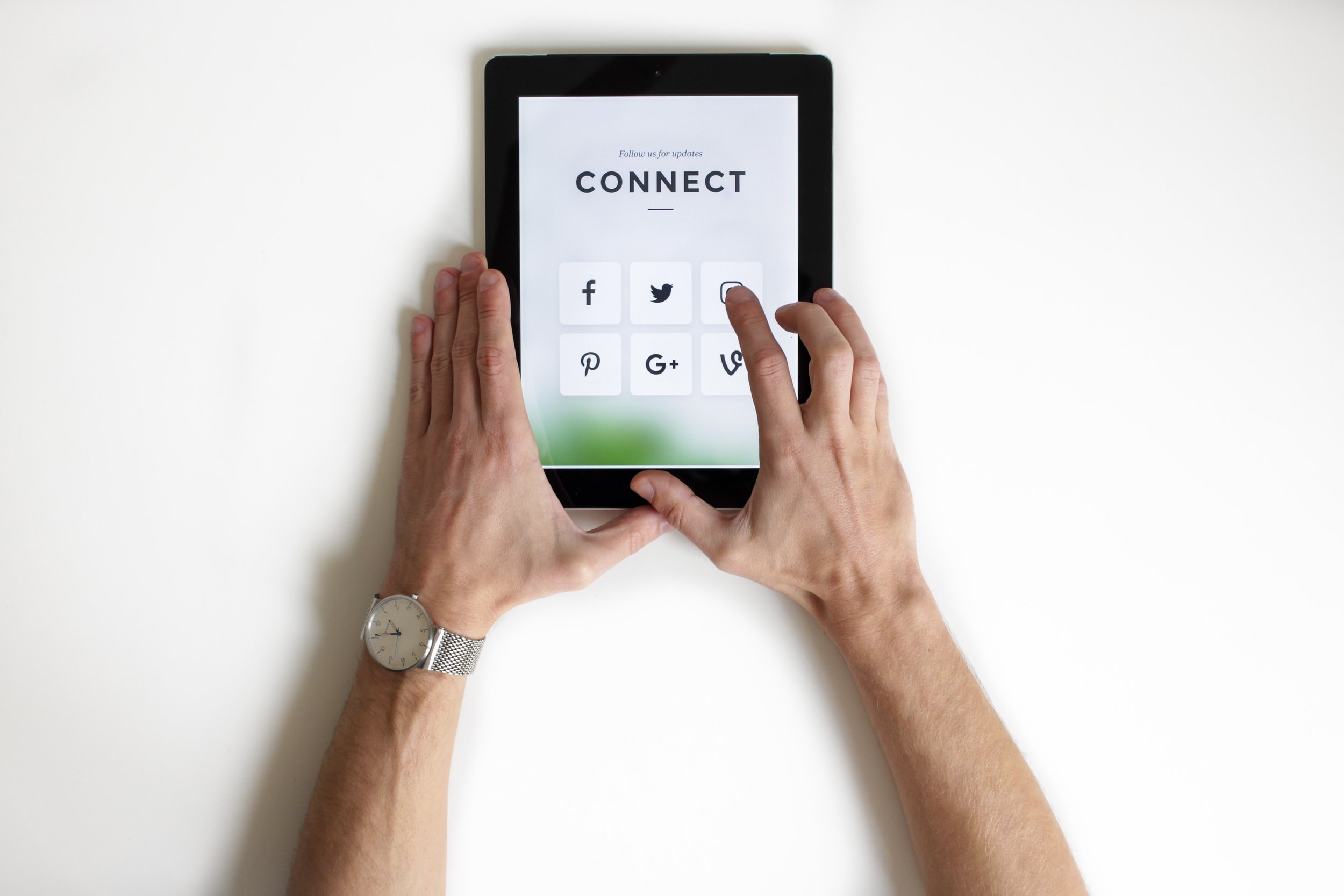“...What has most shaped me as a woman is the way my relationships with other women have healed me.”
Photo by Even Keel Imagery - Miriam Brummel
As I scroll through the catalogue of my experiences both as a woman and as a recipient of love and friendship from other women, I am reminded of how many descriptors women embody. We are creative, resourceful, wise, wild, deep. And we wear so many hats. We have thriving careers, bear children, foster friendships, build businesses, care for the home — yes, sometimes overextending ourselves to show up for and love others. But what has most shaped me as a woman is the way my relationships with other women have healed me. The turning toward me in times of distress and offering care and compassion. The deep listening. The calming “coos” and soft body language. The gentle patience while I find the answers for myself.
Women are healers. I know that to be true deep in my bones. And I believe women are the antidote to the overly masculinized culture that has forced a broken, patriarchal system on us all.
I think of the places I work - MHT and Alive and Well Women – both with powerful women at the helm who use their strengths to lift others. These women are willing to collaborate and dialogue with their employees rather than prescribe solutions. They do not manage with absolute control or over-emphasize productivity, but instead empower employees to find balance in work life and soul life. They have cultivated cultures that nourish development and health.
It is not to say that men can’t also lead in this way, but I believe it is a mode of leadership that is perhaps archetypally connected to the feminine. Our history of men in the seats of power and the attendant systemic oppression of women seems to bear testament to this. However, the impact of women in my life and this powerful changing of the tide that I have been fortunate to witness in my young adult years has taught me to embrace the strength of my femininity and has given me hope for a different way.
Women are HEALERS.
HERE'S HOW YOU CAN PARTICIPATE IN DRESSEMBER WITH US:
Give! Visit our Dressember page and make a donation. It's that simple and no sum is too small. Truly.
Follow! Be sure to follow us on Instagram and our blog throughout the month of December. We will be documenting our fierce fashion choices but our deepest intention is to empower and educate.
Share! Help us spread the word. You can do this by sharing our social media posts or links to our Dressember fundraising campaign page.
Lauren Joy Furutani, MA, LMFT, helps individuals and families of all ethnic and faith backgrounds maneuver through the unexpected turns in life.



















